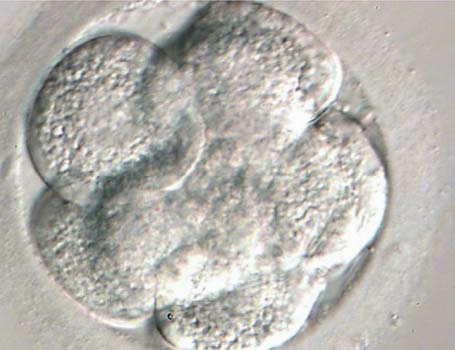Instituto Bernabeu Research: Chromosomal study of embryos which divide more rapidly on day 3.
February, 11th 2016

In selection criteria based on morphokinetic analysis, it has been proposed that an embryo ought to show a certain kinetic division in order to be considered normal (types A and B, in line with ASEBIR criteria). But what happens when an embryo does not fulfil this criteria due to accelerated embryonic development with over 10 cells on day 3?
Progress in molecular biology provides us with complementary methods which facilitate transferable embryo selection (CCS). With this technology, as is the case in Instituto Bernabeu, chromosomal selection of the embryo is possible. That is, selection is not based exclusively on morphological criteria as was previously standard practice.
The results obtained in this study enable us to determine that embryos which were previously classified as having a poor prognosis due to the presence of a greater number of cells on day 3, do reach blastocyst stage and give rise to embryos with good morphology. Furthermore, the percentage of aneuploidies is no greater due to this factor.
This research is one of 11 lines of work carried out by our group and selected by the ASEBIR (Spanish Association for the Study of Biology and Human Reproduction) scientific committee for it’s bi-annual event held in November.
Is there any relationship between accelerated embryo division on day 3 and aneuploidy rates? A. Rodríguez-Arnedo, J. Ten, M.C. Tió, H. Blanca, M.C. Díaz, B. Lledó, J. Ll. Aparicio, R. Bernabeu. VIII edition of the ASEBIR CONGRESS, San Sebastian. November, 2015
